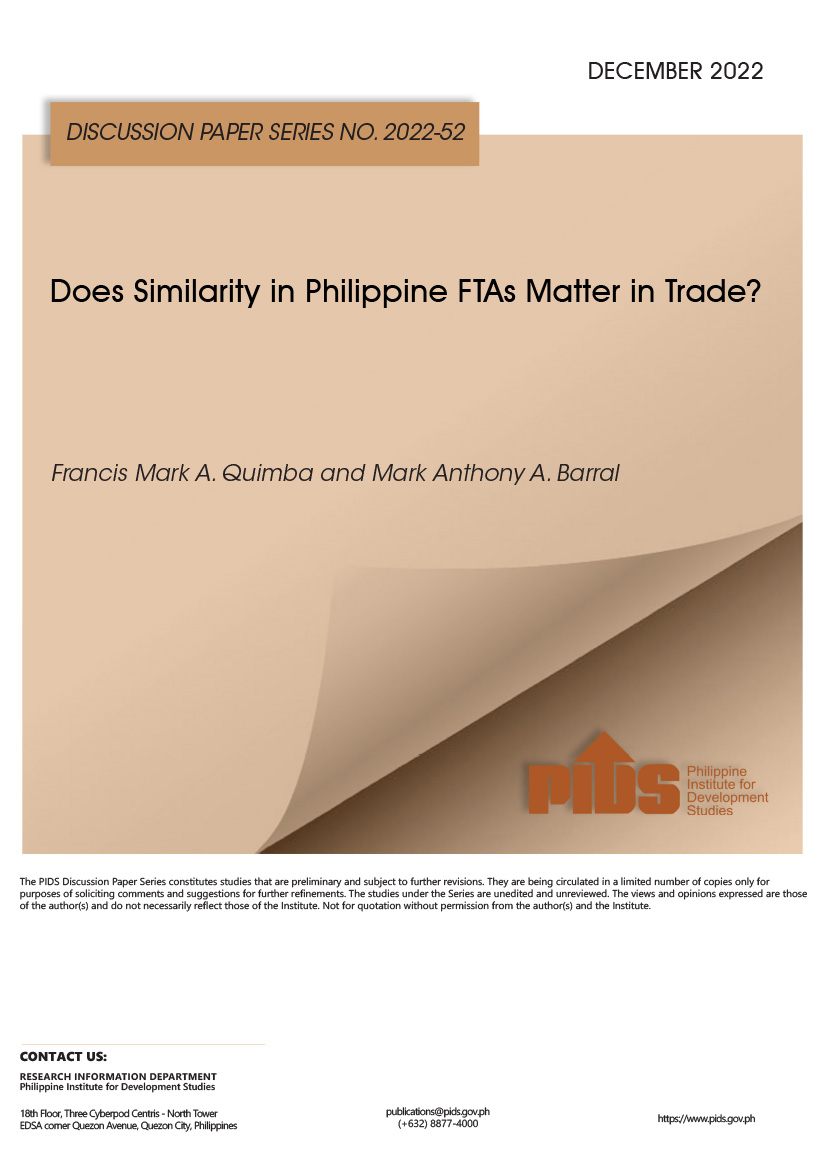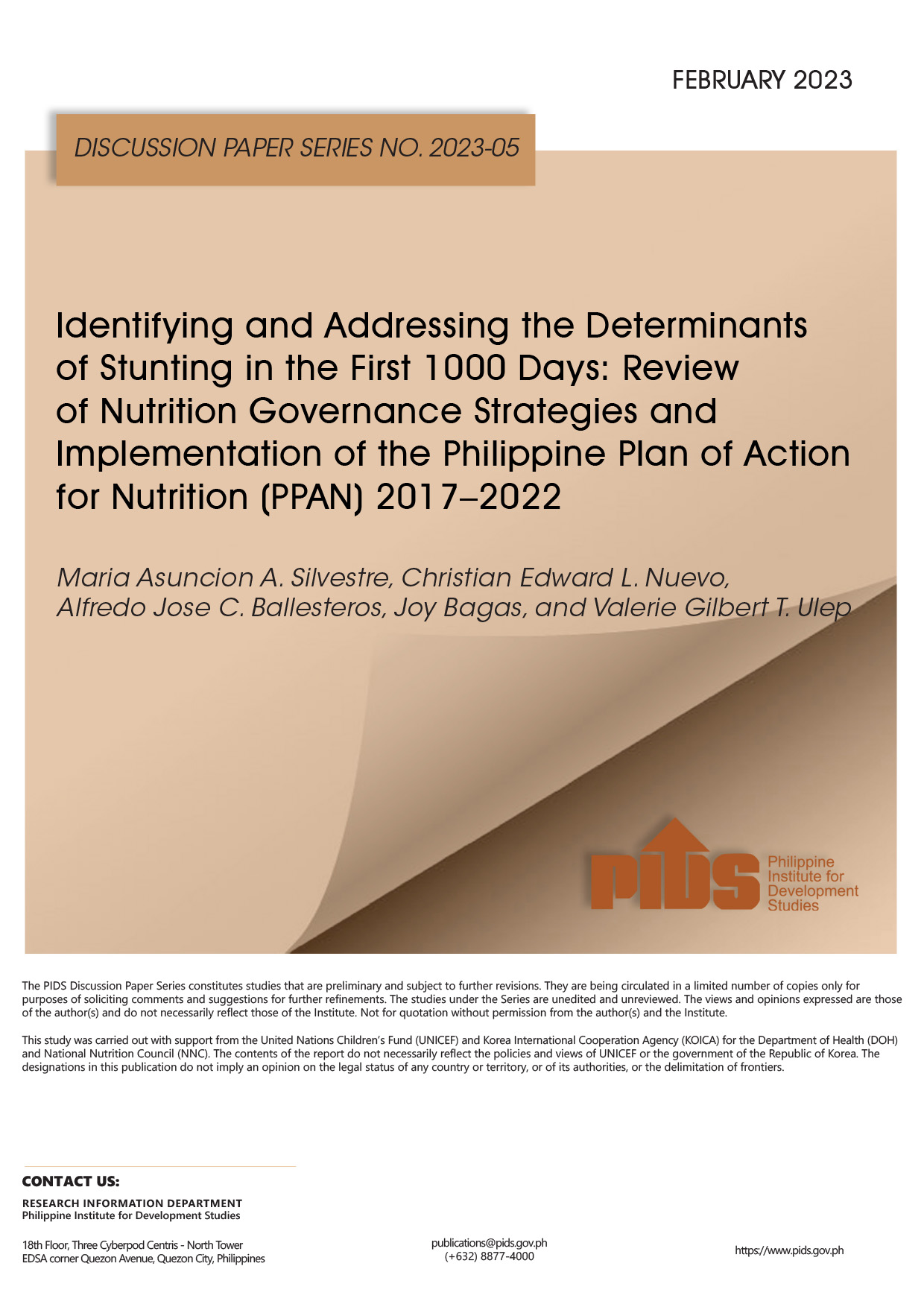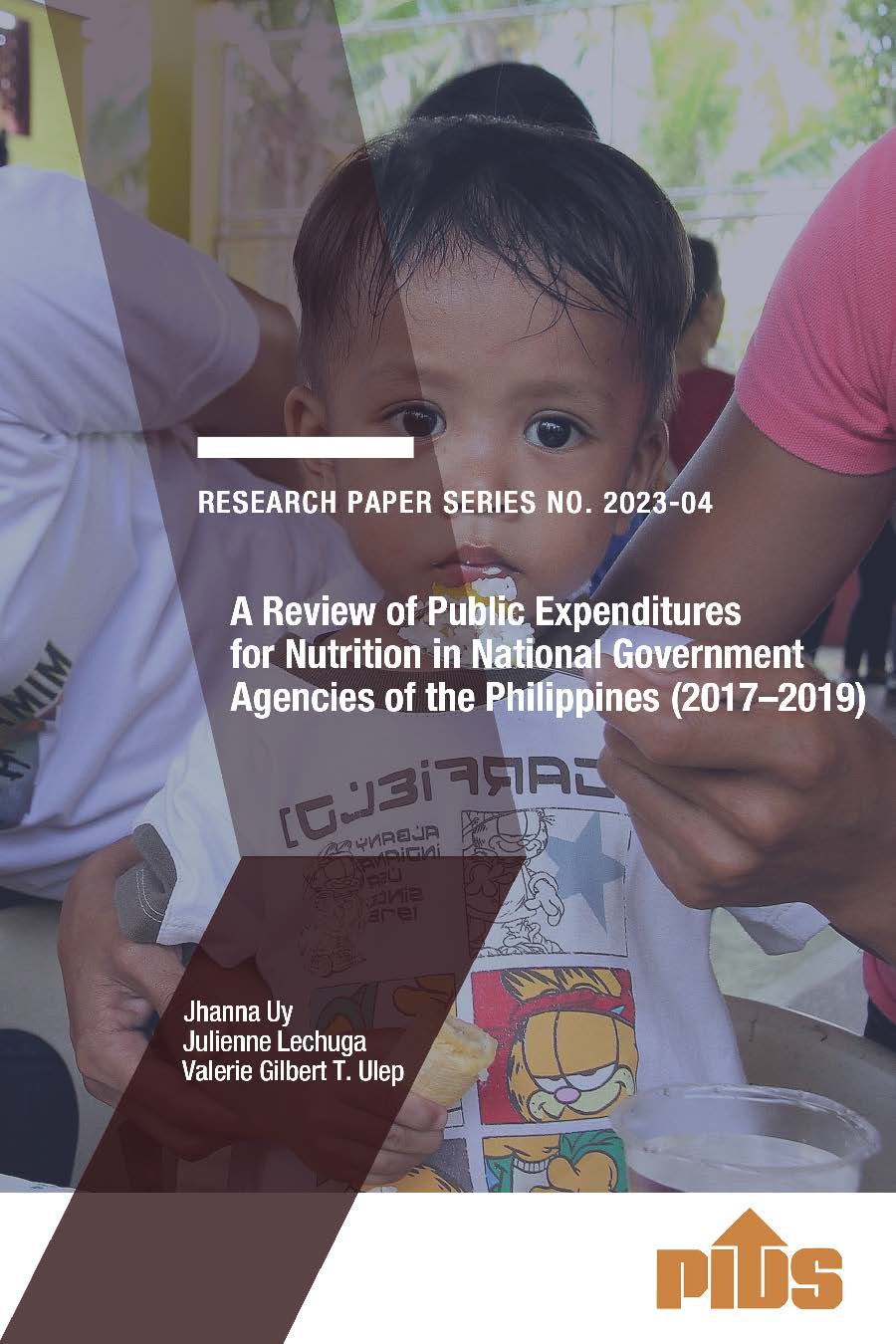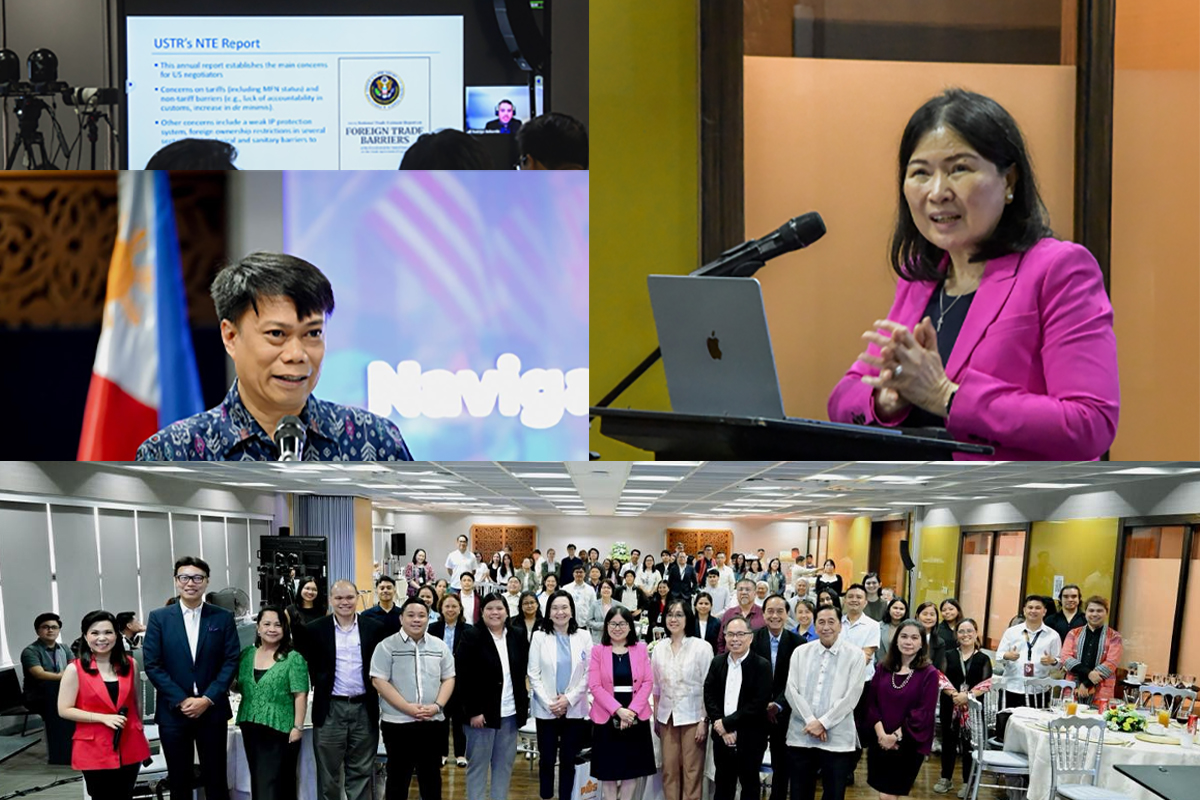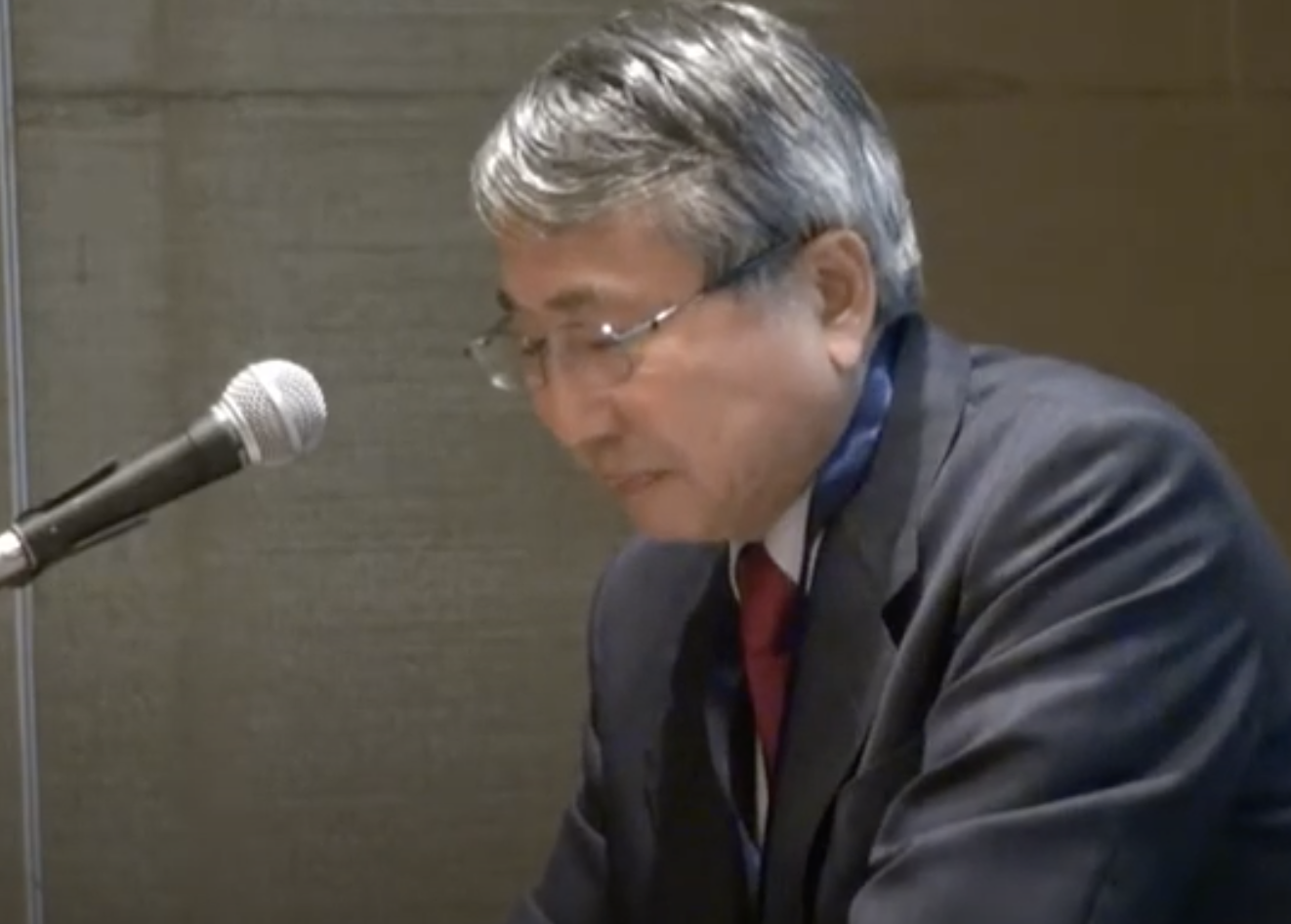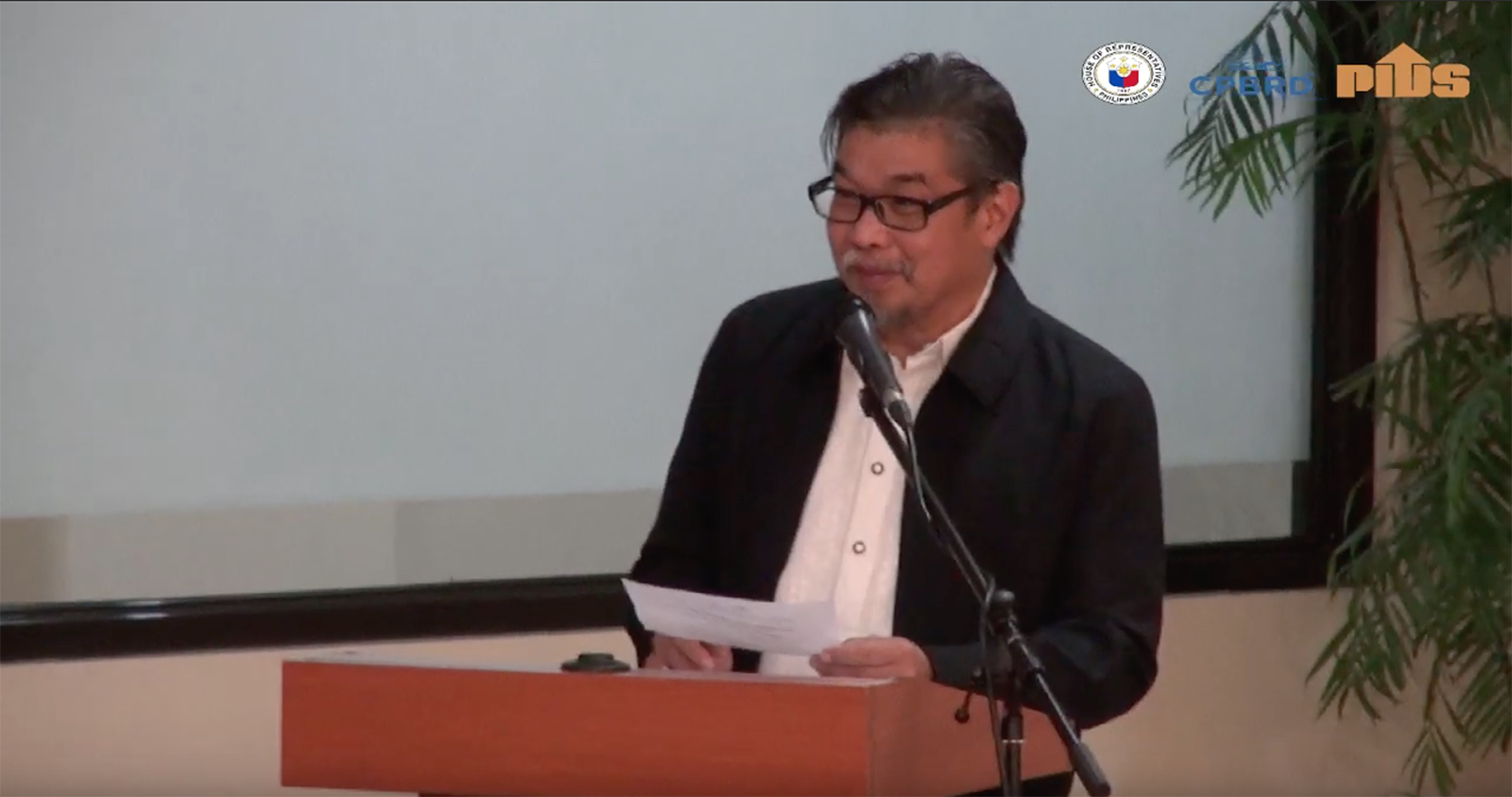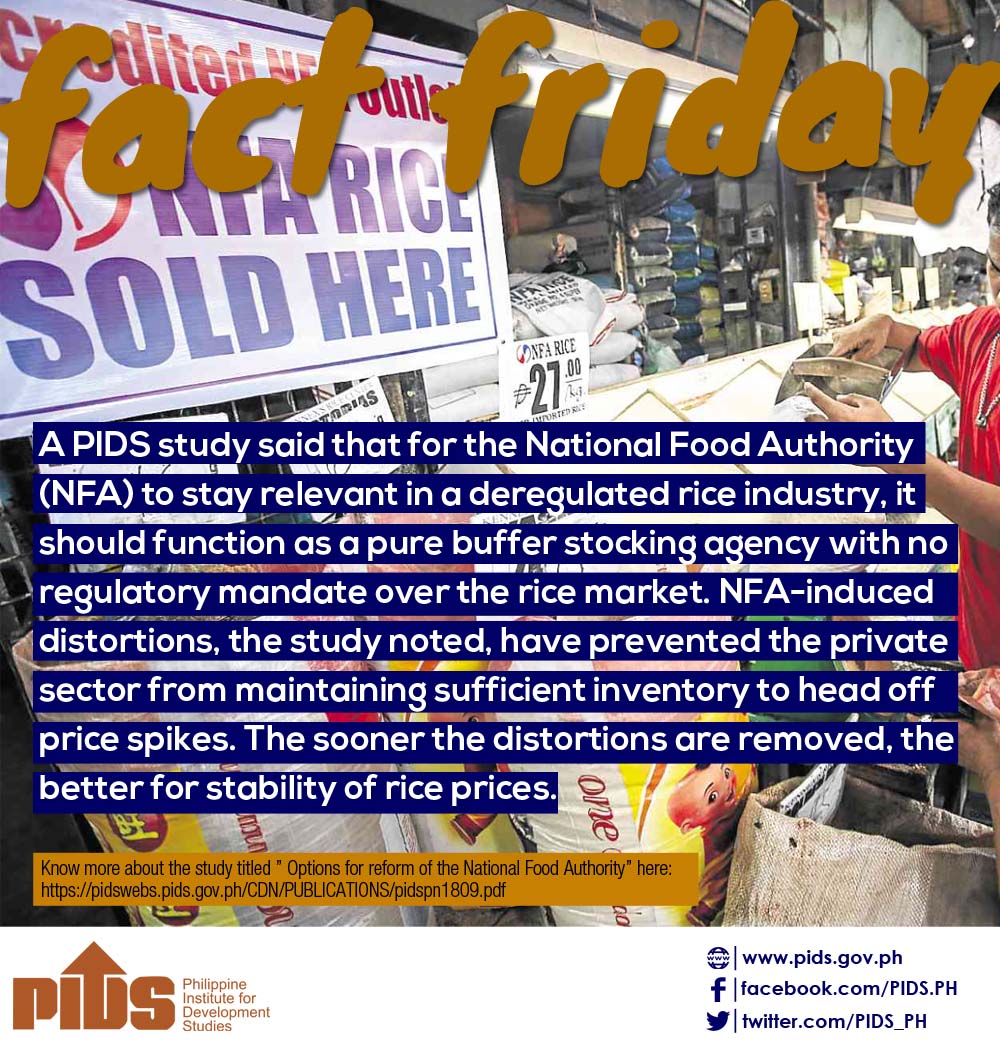THE Philippines is planning to impose a tariff of as much as 50 percent on rice imports by next year, when Manila is expected to scrap the quantitative restriction (QR) on the staple.
An official of the National Economic and Development Authority (Neda) told the BusinessMirror that the agency would recommend to the President a tariff ranging from 40 percent to 50 percent once the country converts the rice-import quota into tariffs.
However, experts said the Philippines could shoot for a higher tariff rate if it could justify the need to do so.
In the case of South Korea, it was able to impose a tariff rate of more than 500 percent on imported rice, using a formula approved by the World Trade Organization (WTO).
The Philippines imports more than 1 million metric tons (MMT) of rice annually to plug the shortfall in its production and beef up the National Food Authority’s (NFA) buffer stock. In recent years, the government has taken charge of rice importation, as Manila has existing rice-supply deals with the governments of Thailand and Vietnam.
Currently, the government allows rice imports within the minimum access of volume (MAV) of 805,200 metric tons (MT) to enter the country at a lower tariff of 35 percent. Imports in excess of the MAV are slapped a higher tariff of 50 percent.
The extension given to the Philippines on the use of the QR is set to expire in 2017, unless Manila bids for another reprieve and is granted by the WTO.
Philippine Institute for Development Studies (PIDS) Senior Research Fellow Roehlano Briones said the recommendation of the Neda is a good starting point.
Based on his own computation, Briones said the tariff on rice could be set at 35 percent, consistent with the Asean Free-Trade Agreement. He said this “made more sense,” given that most of the country’s rice imports come from Asean.
“There is no point in setting a higher tariff when 95 percent of your rice imports come from the region,” Briones said in a phone interview.
In his study in 2015, Briones said the removal of the QR and the imposition of a 35-percent tariff rate can generate as much as P28 billion in revenues for the government annually. This, he said, can more than cover the proposed compensatory payment for farmers.
These projected revenues are also significantly higher than the tariff revenues estimated to reach P13 billion to 14 billion if Manila would continue to implement the QR.
Winners and losers
SETTING a tariff rate on rice imports is part of the road map crafted by the Neda, which will also be presented to the President’s economic team this month. The road map first identified the provinces that will be affected by the removal of the rice-import cap. These provinces were identified based on yield and cost of production.
The Neda said the government is prepared to extend safety nets to ensure the affected farmers will be able to shift to other crops.
In terms of yield, the Neda classified the provinces according to their potential production, which should be at 10 MT per hectare. Currently, the average yield is at 4 MT per hectare.
The provinces that made the cut included Nueva Ecija, Davao del Sur, Ilocos Norte, Pampanga, Kalinga, Bataan, La Union and Biliran. Yield in these provinces range from 4.5 MT to 5.5 MT per hectare.
To be able to determine the provinces that will survive a post-QR regime, the Neda said the government would have to set a tariff rate of as low as 35 percent. This will result in a retail price of P24.10 per kilogram of milled rice.
The provinces that had among the highest production costs were La Union, at P21.67 per kilo, and Ilocos at P20.31 per kilo.
The provinces that had the lowest production cost are Pampanga, at P15.51 per kilo; Biliran, P15.76 per kilo; Nueva Ecija, P16.51 per kilo; and Bataan, P16.92 per kilo.
The Neda said it did not yet factor in transport and logistics cost in its computation.
The proceeds from the tariffication of the QR will be used to finance safety nets needed by farmers, such as to provide for mechanization needs and the provision of hybrid and/or certified seeds.
Currently, the Neda is crafting a bill that would amend Republic Act (RA) 8178, which allowed the Philippines to impose the QR on rice—a nontariff barrier.
The agency has also recommended to the Legislative Executive Development Advisory Council to certify as urgent the amendment of RA 8178.
An official of the National Economic and Development Authority (Neda) told the BusinessMirror that the agency would recommend to the President a tariff ranging from 40 percent to 50 percent once the country converts the rice-import quota into tariffs.
However, experts said the Philippines could shoot for a higher tariff rate if it could justify the need to do so.
In the case of South Korea, it was able to impose a tariff rate of more than 500 percent on imported rice, using a formula approved by the World Trade Organization (WTO).
The Philippines imports more than 1 million metric tons (MMT) of rice annually to plug the shortfall in its production and beef up the National Food Authority’s (NFA) buffer stock. In recent years, the government has taken charge of rice importation, as Manila has existing rice-supply deals with the governments of Thailand and Vietnam.
Currently, the government allows rice imports within the minimum access of volume (MAV) of 805,200 metric tons (MT) to enter the country at a lower tariff of 35 percent. Imports in excess of the MAV are slapped a higher tariff of 50 percent.
The extension given to the Philippines on the use of the QR is set to expire in 2017, unless Manila bids for another reprieve and is granted by the WTO.
Philippine Institute for Development Studies (PIDS) Senior Research Fellow Roehlano Briones said the recommendation of the Neda is a good starting point.
Based on his own computation, Briones said the tariff on rice could be set at 35 percent, consistent with the Asean Free-Trade Agreement. He said this “made more sense,” given that most of the country’s rice imports come from Asean.
“There is no point in setting a higher tariff when 95 percent of your rice imports come from the region,” Briones said in a phone interview.
In his study in 2015, Briones said the removal of the QR and the imposition of a 35-percent tariff rate can generate as much as P28 billion in revenues for the government annually. This, he said, can more than cover the proposed compensatory payment for farmers.
These projected revenues are also significantly higher than the tariff revenues estimated to reach P13 billion to 14 billion if Manila would continue to implement the QR.
Winners and losers
SETTING a tariff rate on rice imports is part of the road map crafted by the Neda, which will also be presented to the President’s economic team this month. The road map first identified the provinces that will be affected by the removal of the rice-import cap. These provinces were identified based on yield and cost of production.
The Neda said the government is prepared to extend safety nets to ensure the affected farmers will be able to shift to other crops.
In terms of yield, the Neda classified the provinces according to their potential production, which should be at 10 MT per hectare. Currently, the average yield is at 4 MT per hectare.
The provinces that made the cut included Nueva Ecija, Davao del Sur, Ilocos Norte, Pampanga, Kalinga, Bataan, La Union and Biliran. Yield in these provinces range from 4.5 MT to 5.5 MT per hectare.
To be able to determine the provinces that will survive a post-QR regime, the Neda said the government would have to set a tariff rate of as low as 35 percent. This will result in a retail price of P24.10 per kilogram of milled rice.
The provinces that had among the highest production costs were La Union, at P21.67 per kilo, and Ilocos at P20.31 per kilo.
The provinces that had the lowest production cost are Pampanga, at P15.51 per kilo; Biliran, P15.76 per kilo; Nueva Ecija, P16.51 per kilo; and Bataan, P16.92 per kilo.
The Neda said it did not yet factor in transport and logistics cost in its computation.
The proceeds from the tariffication of the QR will be used to finance safety nets needed by farmers, such as to provide for mechanization needs and the provision of hybrid and/or certified seeds.
Currently, the Neda is crafting a bill that would amend Republic Act (RA) 8178, which allowed the Philippines to impose the QR on rice—a nontariff barrier.
The agency has also recommended to the Legislative Executive Development Advisory Council to certify as urgent the amendment of RA 8178.

